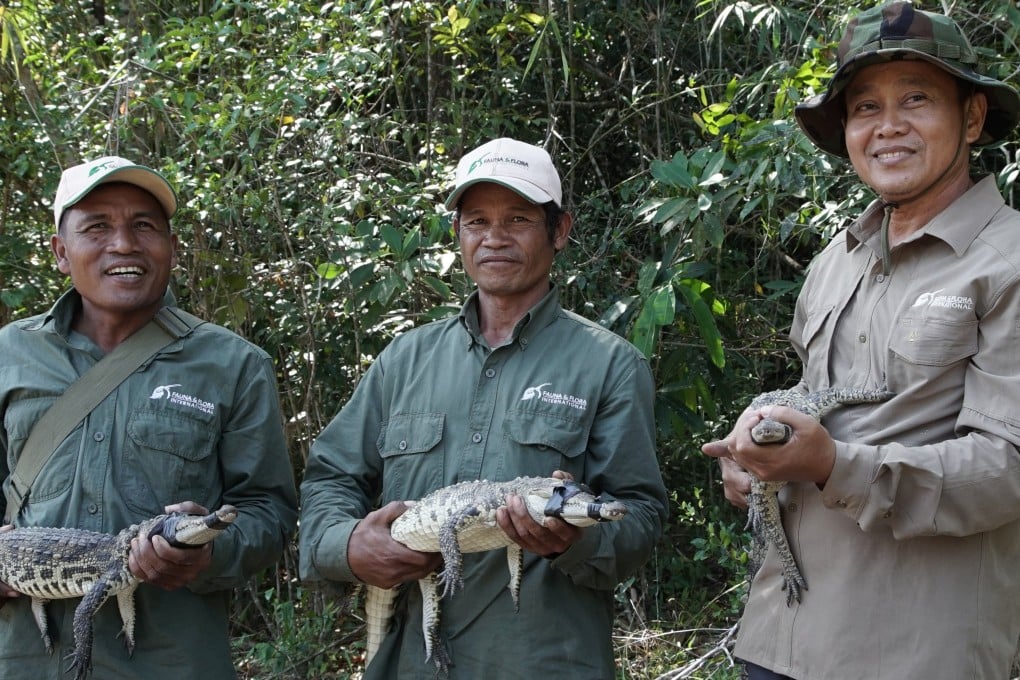Advertisement
Review | What to stream this weekend: inspiring stories of conservation success in 6 of the world’s most vulnerable ecosystems, from California’s giant redwoods to a Cambodian rainforest
- Changing Planet II on BBC Earth considers how conservation work in six areas of concern around the world is helping to improve their delicate ecosystems
- Meanwhile, a Seoul detective (Lee Min-ki) demoted to a rural town unwittingly teams up with a veterinary surgeon to solve crimes in Netflix’s Behind Your Touch
Reading Time:3 minutes
Why you can trust SCMP

Crimes by and against fashion continue to visit unspeakable horrors on animals – crocodiles, for example. Demand for their skin has made the Siamese crocodile chronically susceptible to extinction – a problem exacerbated by the devastation in 1970s Cambodia, as alluded to in Changing Planet II (BBC Earth).
Advertisement
As global eco-guardian, the BBC continues to prick our collective environmental conscience, this time with a two-part check-up, post-series one, on six geographical areas of concern: Greenland, California, the Maldives, Brazil, Kenya and Cambodia.
And it is not all bad news. In Cambodia, the Siamese crocodile is slowly re-establishing itself in the Cardamom Mountains rainforest. It is a similar story in Brazil’s wetlands, where high-end tourist treks support jaguar recovery.
In the Maldives, “cheap underwater speakers and a fish playlist” are helping scientists tune in to what baby coral and other species are listening to – really – when communicating with each other.

A theme common to each region is the growing importance of traditional, local knowledge in caring for the natural world.
Advertisement

Advertisement